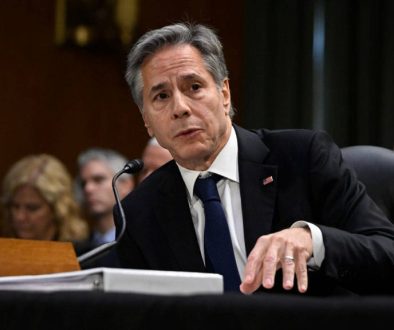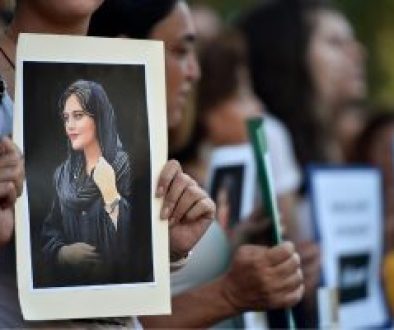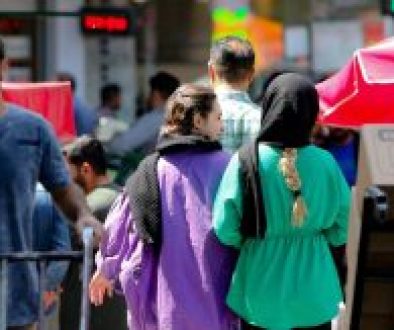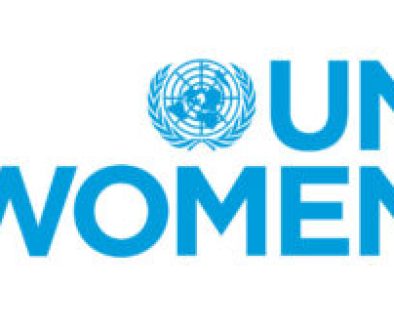Inside the Iranian Uprising, BBC2 review — a stirring testament to courage
Last September, a young woman from Kurdistan called Mahsa Amini visited Tehran. There, she was arrested by the so-called “morality police” for allegedly transgressing the country’s strict dress code. She is reported to have been beaten in custody — allegations which the Iranian government denies. She died three days later, igniting months of anti-regime, women’s rights and Kurdish equality protests in which some 500 people are estimated to have been killed.
Potent BBC documentary Inside the Iranian Uprising takes us on to the streets where thousands marched and burnt headscarves in solidarity with Amini, and clashed with belligerent authority forces. With the BBC banned from working inside the country, the majority of the unflinching footage presented here comes from civilians who felt compelled to provide a corrective to the narratives broadcast by state media. Their videos are shaky, filmed under the threat of immediate harm and later persecution. At one distressing point we see a camera suddenly drop, the person filming fatally shot.
Alongside the violent visuals — women being brutalised and bundled into vans, unarmed protesters set upon by mobs — are a number of testimonies by victims and relatives of those killed. An account of alleged rape and torture at an unofficial “black site” detention facility is deeply upsetting. Contributors reflect on the ongoing culture of oppression and intimidation that makes mothers worry about their daughters’ boldness, and leaves exiled activists looking over their shoulders.
Yet this film is as much a stirring testament to the immense courage of ordinary individuals (often children) as it is a vital window into state subjugation and brutality. It pays tribute to active dissenters, but also those whose defiance comes in the form of beauty vlogging, public dancing and other everyday expressions of personality and joy that can lead to arrest.
While the flames of revolt have been put out, there is still a burning sense of pride in this generation’s resistance, and hope for what they might achieve. “Bravery is contagious,” says exiled rights campaigner Shiva Nazar Ahari. “This lifestyle is forced upon us . . . my generation tolerated it but Gen-Z cannot.”





